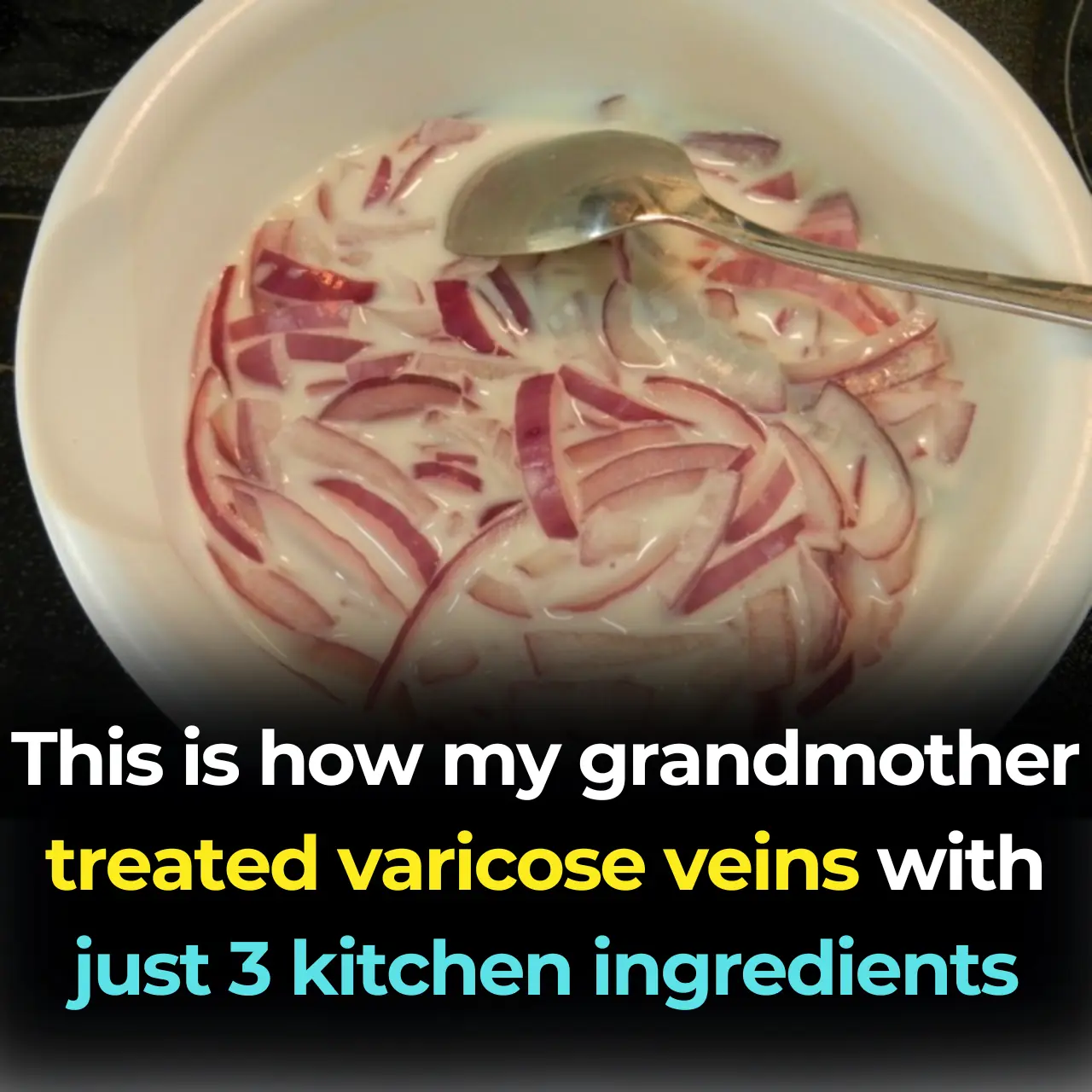
High Blood Pressure Has a New Culprit

Hypertension — commonly known as high blood pressure — is one of the most widespread chronic conditions across the globe. Often referred to as the “silent killer,” it can progress for years without producing obvious symptoms. Because many people don’t realize their blood pressure is elevated, they unknowingly increase their risk of life-threatening complications, including heart disease, stroke, vision loss, and irreversible kidney damage.
While high sodium intake is frequently blamed for hypertension, it represents only part of the picture. Genetics, increasing stress levels, a lack of physical activity, poor sleep quality, and weight gain also significantly contribute to rising blood pressure. Managing hypertension effectively requires a long-term, comprehensive strategy—one that blends healthy nutrition, regular exercise, medical guidance, and mindful daily habits.
The Importance of a Balanced Diet
A well-structured, nutrient-rich diet is one of the most powerful tools for maintaining healthy blood pressure. Medical experts emphasize that “salt isn’t the only factor—overall dietary quality plays a major role in cardiovascular health.” In other words, focusing solely on sodium reduction is not enough; the entire pattern of how and what you eat matters.
✔ Reduce Sodium, But Don’t Stop There
Begin by cutting back on sodium from obvious and hidden sources. Processed foods, canned soups, fast food, and packaged snacks often contain far more salt than expected. Cooking at home, choosing fresh ingredients, and seasoning meals with herbs and spices instead of salt can help reduce overall sodium intake.
✔ Prioritize Heart-Healthy Foods
To nurture your cardiovascular system, incorporate more of the following into your diet:
-
Fruits and vegetables: These provide potassium, a mineral that helps regulate fluid balance and counteracts sodium’s effects on blood pressure.
-
Whole grains: Foods like oats, brown rice, and whole-grain bread improve circulation and support healthier cholesterol levels.
-
Lean proteins and healthy fats: Fish, nuts, seeds, and olive oil deliver essential nutrients that protect blood vessels and reduce inflammation.
Equally important is limiting saturated fats, refined sugars, and ultra-processed snacks, which strain the heart and contribute to weight gain — another major risk factor for hypertension.
✔ Hydration and Moderation
Staying well hydrated and moderating caffeine and alcohol intake can also help maintain steady blood pressure. Excessive alcohol raises blood pressure over time, while too much caffeine may cause temporary spikes in sensitive individuals.
Exercise and Professional Guidance
Physical activity is another foundational element in preventing and managing hypertension. Exercise strengthens the heart muscle, helping it pump more efficiently with less effort. Improved circulation, better weight management, and reduced stress levels all contribute to naturally lower blood pressure.
✔ How Much Exercise Is Enough?
For most adults, engaging in moderate activities — such as brisk walking, cycling, swimming, or light jogging — three to five times per week can lead to noticeable improvements. Even small changes, like taking the stairs or walking during work breaks, add up over time.
✔ Stress Reduction Through Movement
Regular exercise is also one of the most effective ways to regulate stress hormones. Since chronic stress is a major contributor to elevated blood pressure, staying active helps calm both the mind and body.
✔ Consult Your Healthcare Provider
If you already have hypertension, heart problems, or other medical conditions, it's important to speak with your doctor before starting a new fitness routine. A healthcare provider can recommend appropriate activities, intensity levels, and progression to ensure safety while maximizing benefits.
The Role of Regular Checkups and Stress Management
Routine medical monitoring plays a vital role in keeping hypertension under control. Regular checkups allow healthcare professionals to evaluate trends in blood pressure, adjust medications when needed, and catch early signs of complications.
✔ Partnering With Your Doctor
Having a trusted healthcare provider gives you personalized guidance on nutrition, exercise, sleep, and medication. This ongoing partnership helps you make informed decisions and track your improvement over time.
✔ Managing Stress for Better Heart Health
Long-term stress increases cortisol levels, which can temporarily raise blood pressure and negatively affect heart function. Incorporating relaxation techniques into your daily routine can significantly improve cardiovascular well-being. Effective practices include:
-
Deep breathing exercises
-
Meditation or mindfulness
-
Yoga or gentle stretching
-
Short walks or quiet breaks throughout the day
-
Prioritizing adequate sleep and downtime
Over time, these habits promote both emotional balance and healthier blood pressure patterns.
The Bottom Line
Managing hypertension isn’t about making one big change — it’s about building a sustainable, balanced lifestyle. A healthy diet, regular physical activity, consistent medical checkups, and proper stress management work together to protect your heart and improve your overall health.
With steady effort, awareness, and the support of healthcare professionals, keeping your blood pressure within a healthy range is absolutely achievable. These small, consistent steps can dramatically enhance your quality of life and reduce your risk of serious complications in the future.
News in the same category

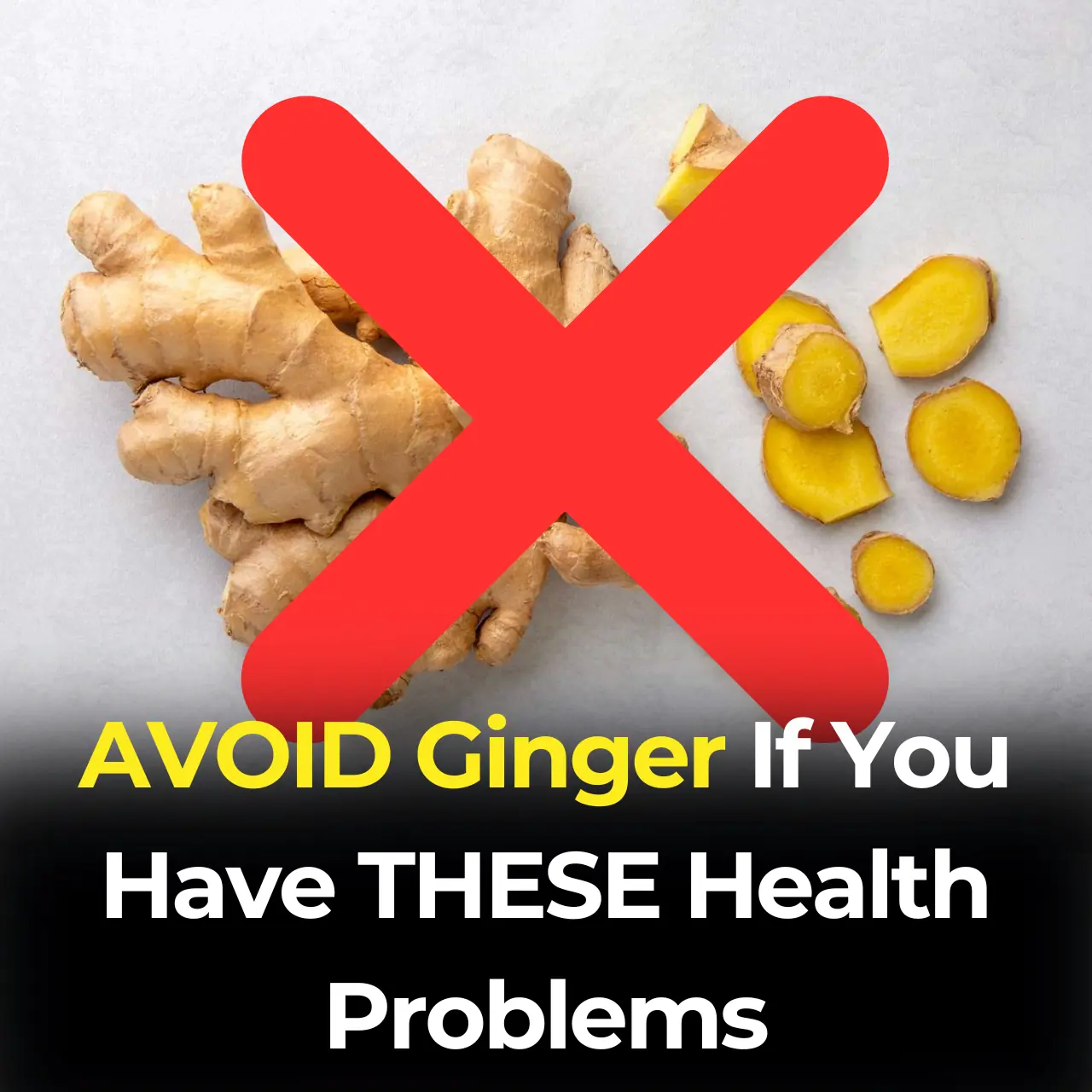
AVOID Ginger If You Have THESE Health Problems
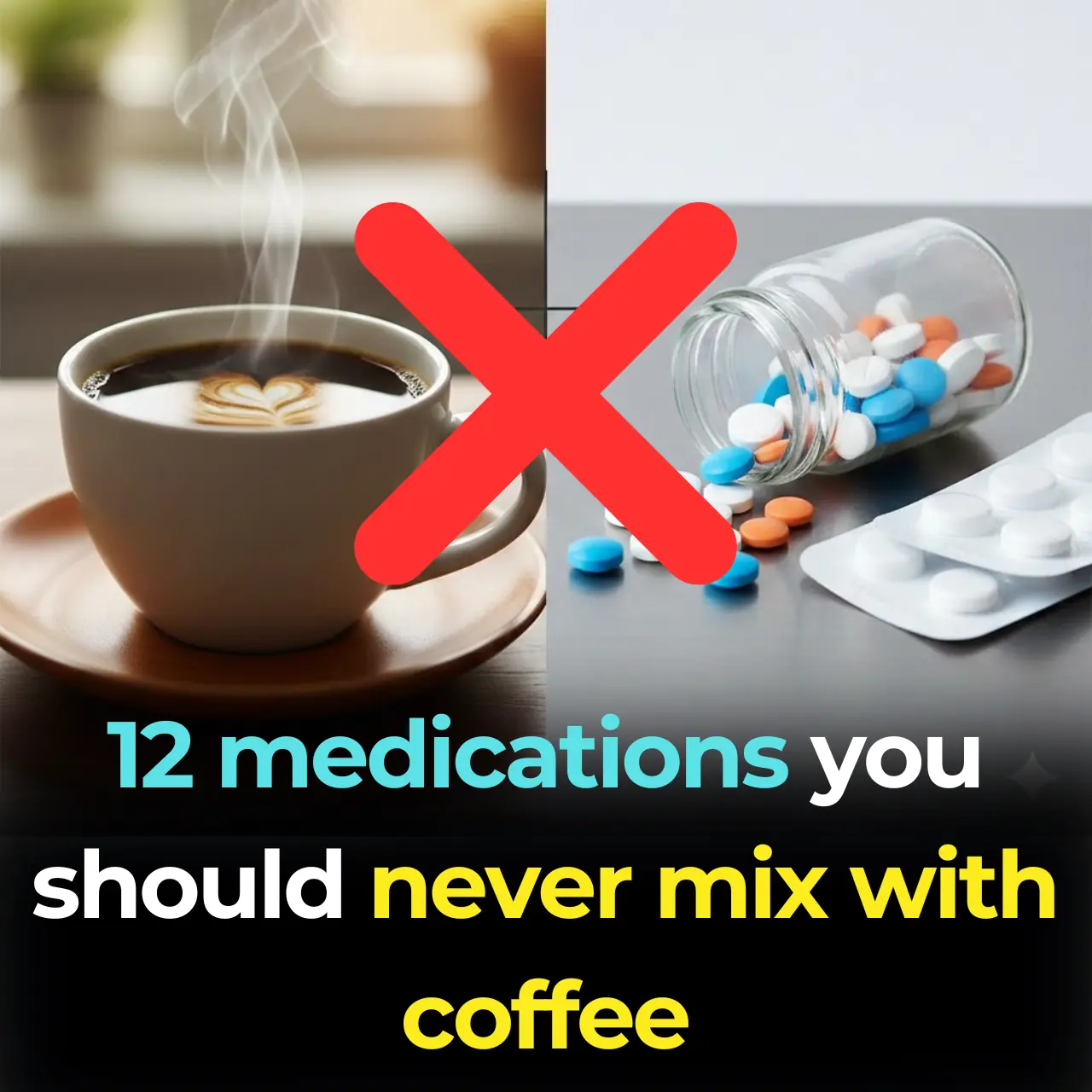
12 medications you should never mix with coffee

Headache Above or Behind the Left Eye: Causes and Treatments
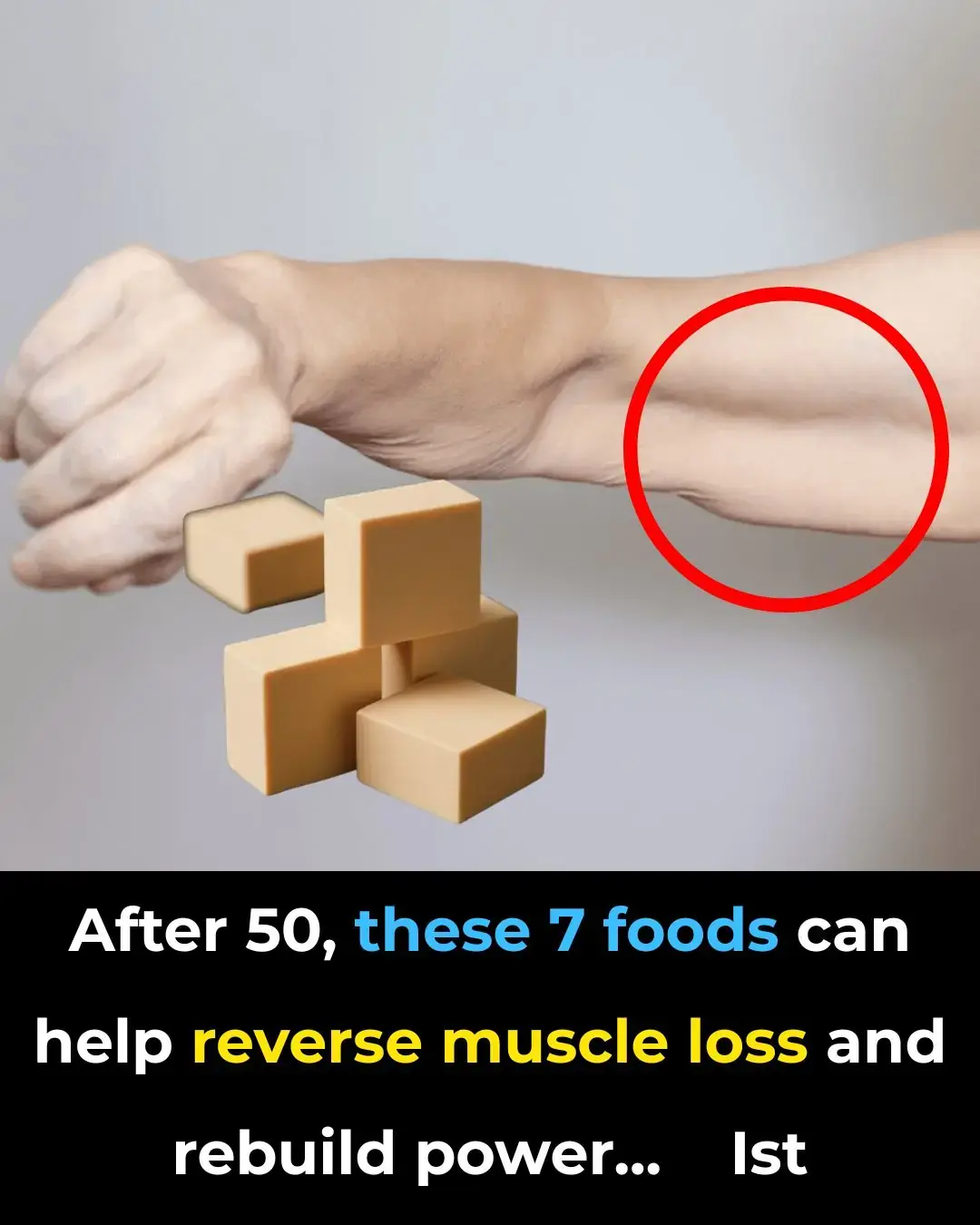
7 best foods to rebuild your muscle strength after 50
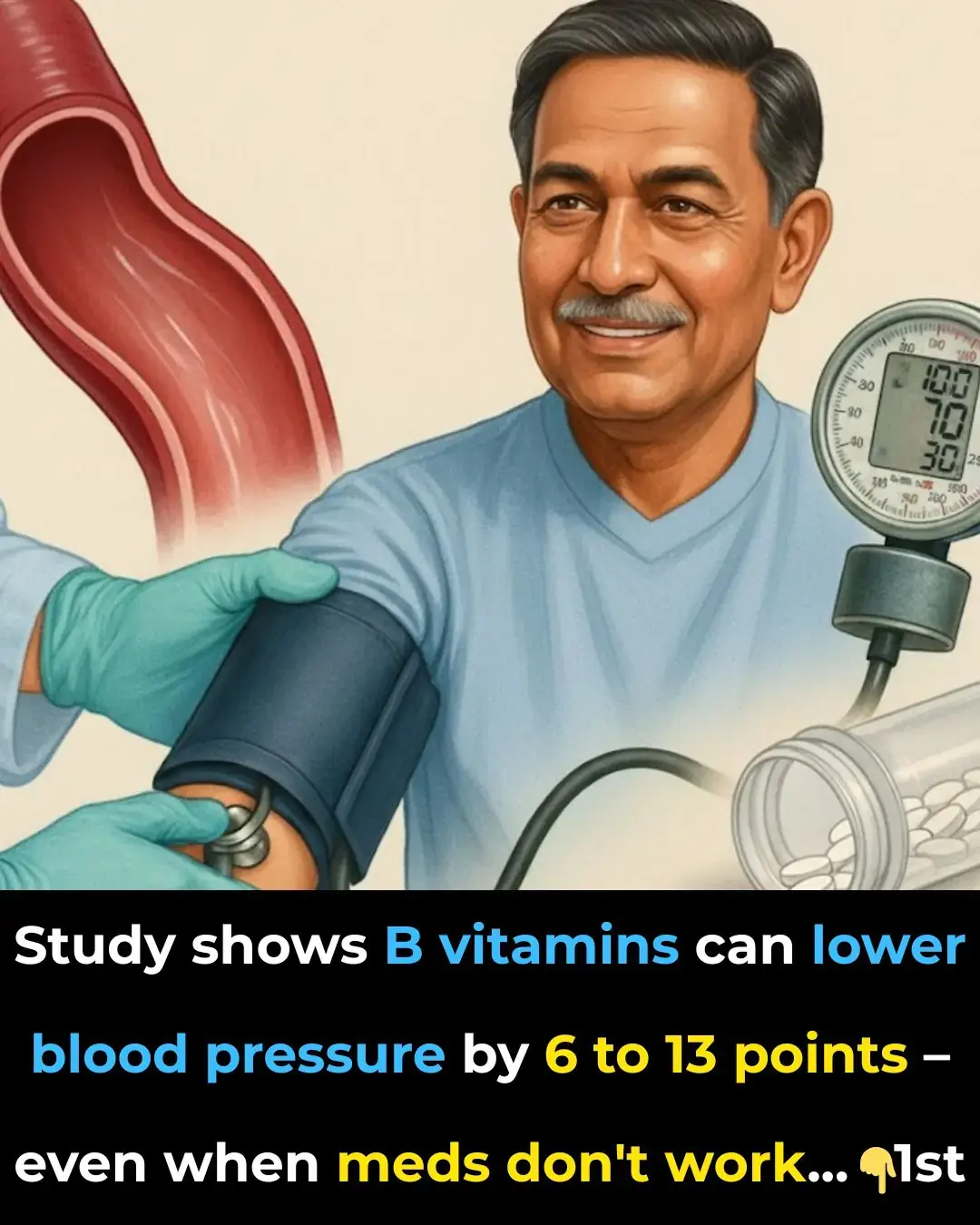
The B vitamin solution: lower blood pressure when medications fail

Take this one shot and watch what happens to your blood pressure

5 Unique Things You Only Experience When Loving an Older Woman
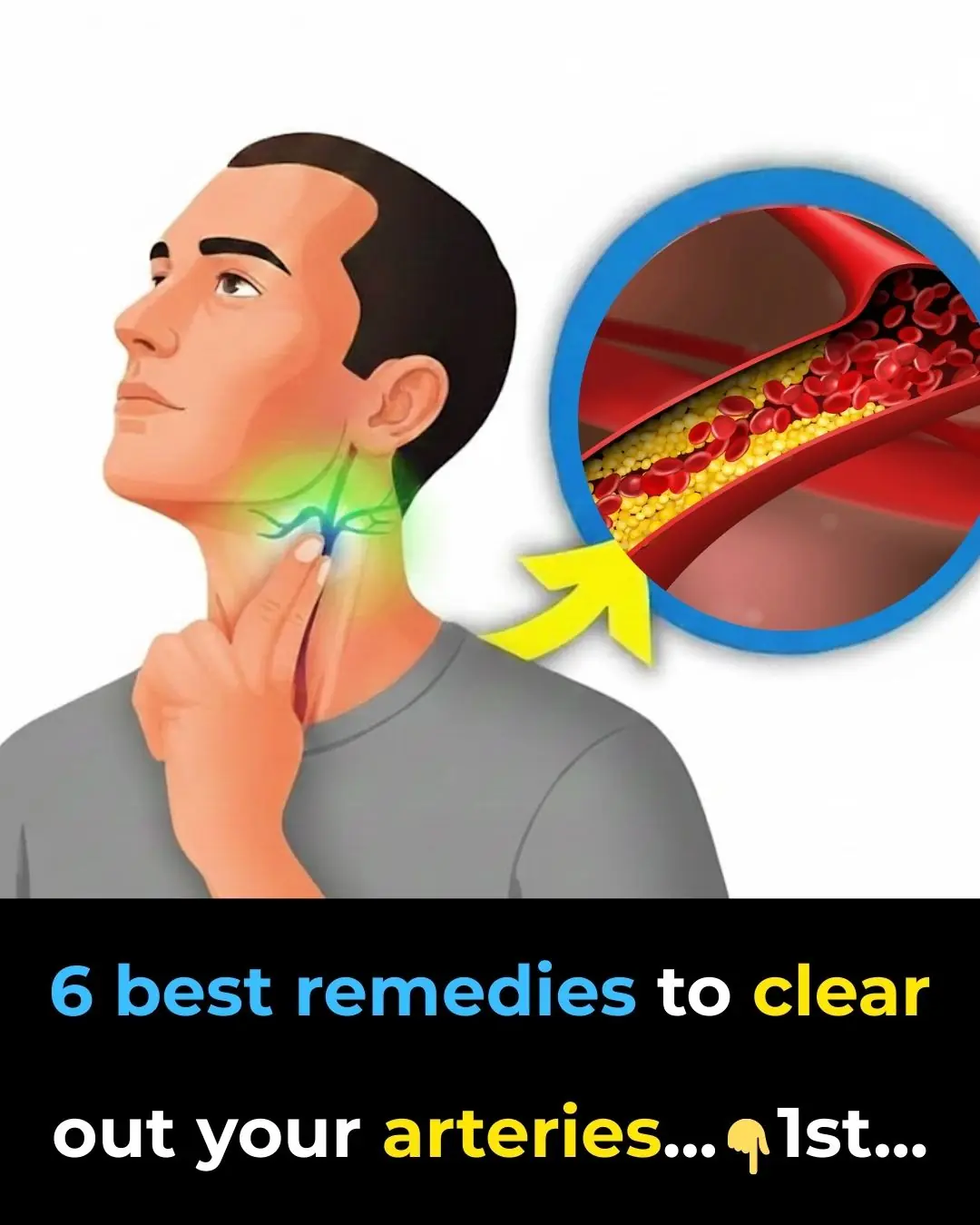
6 Best Remedies To Clear Out Your Arteries
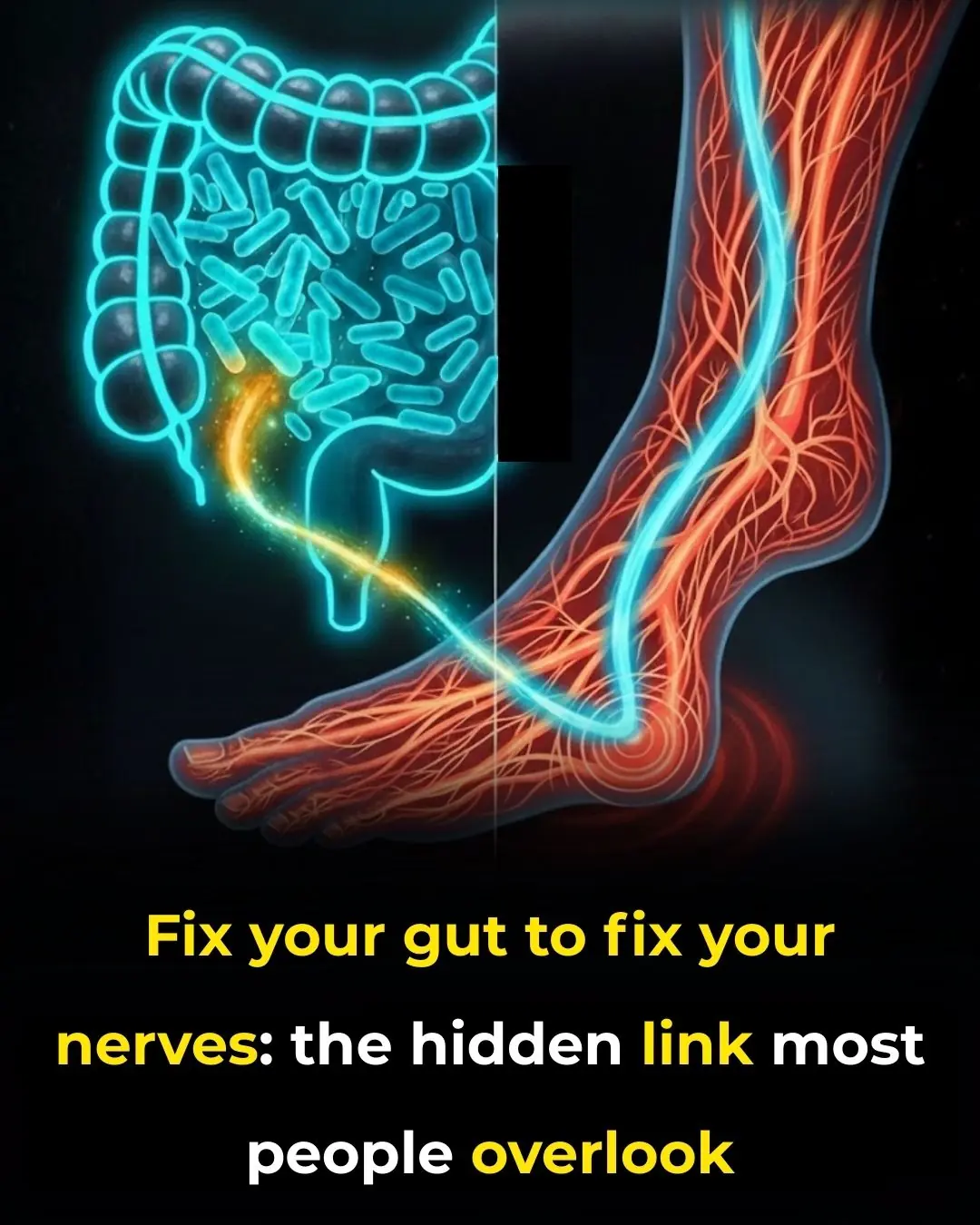
Fix your gut to fix your nerves: the hidden link most people overlook
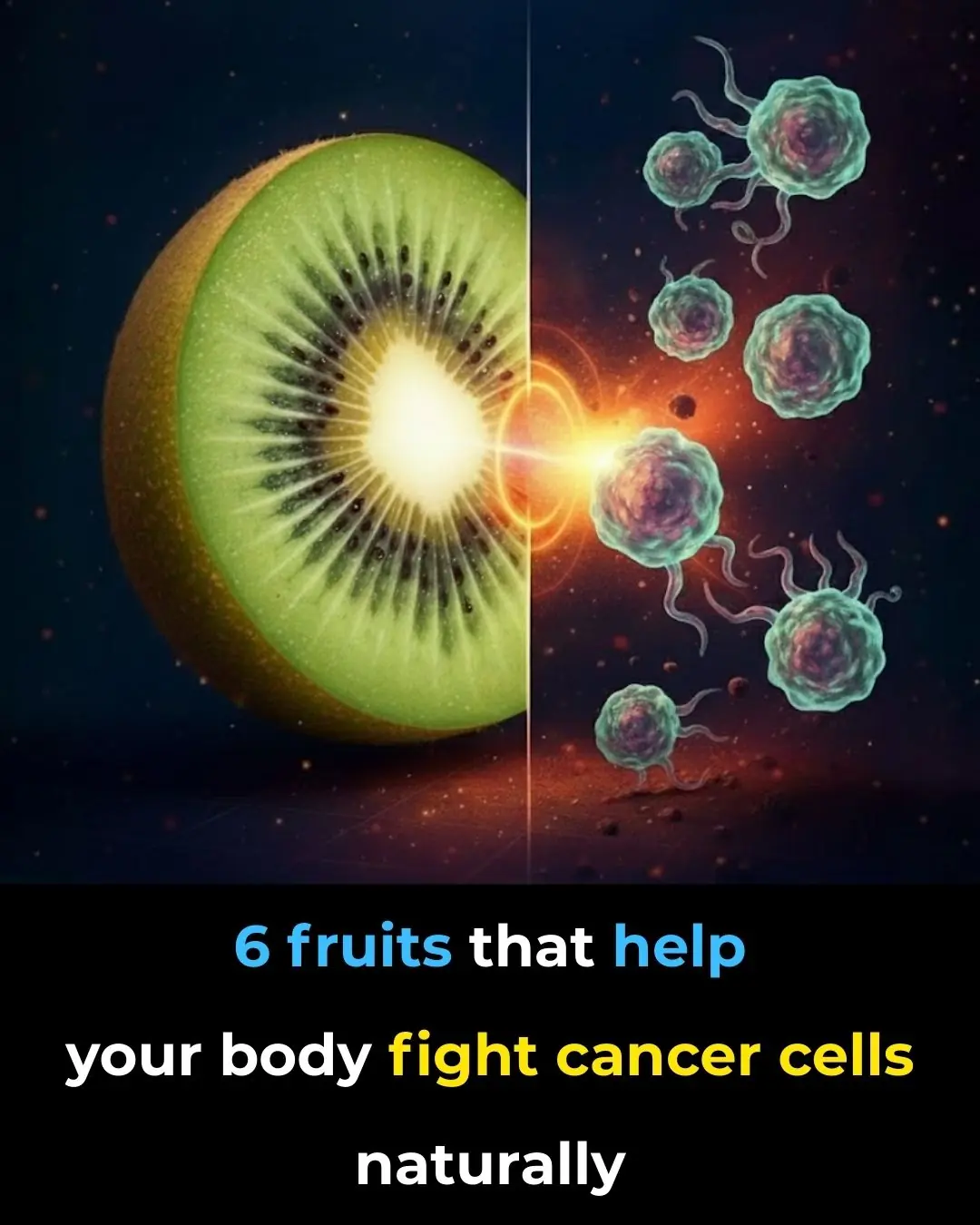
6 fruits that help your body fight cancer cells naturally
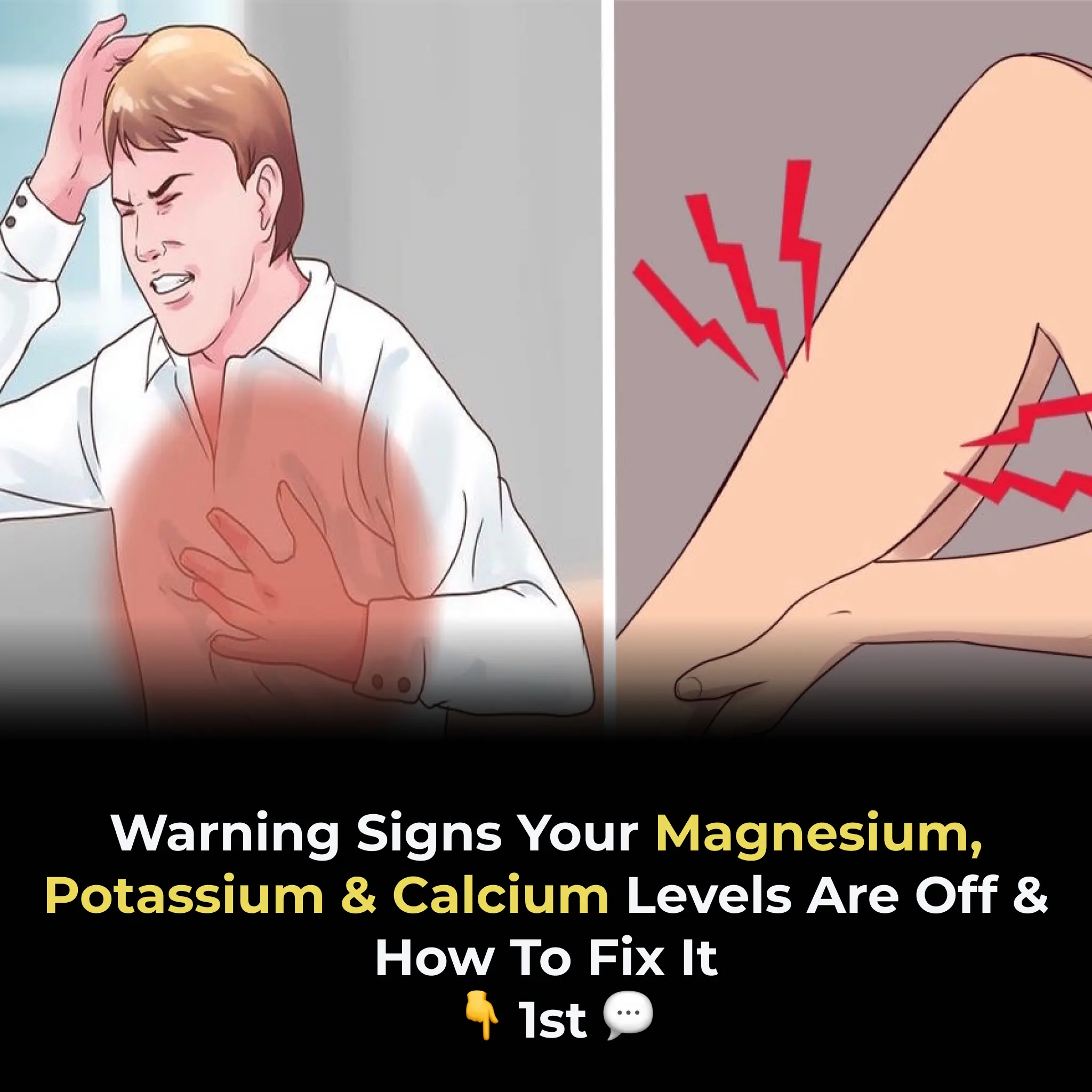
Warning Signs Your Magnesium, Potassium, and Calcium Levels Are OFF and How to FIX It!

Doctors reveal the no.1 supplement to reduce dementia risk

Top 5 veggies to detox your arteries & prevent heart attacks!
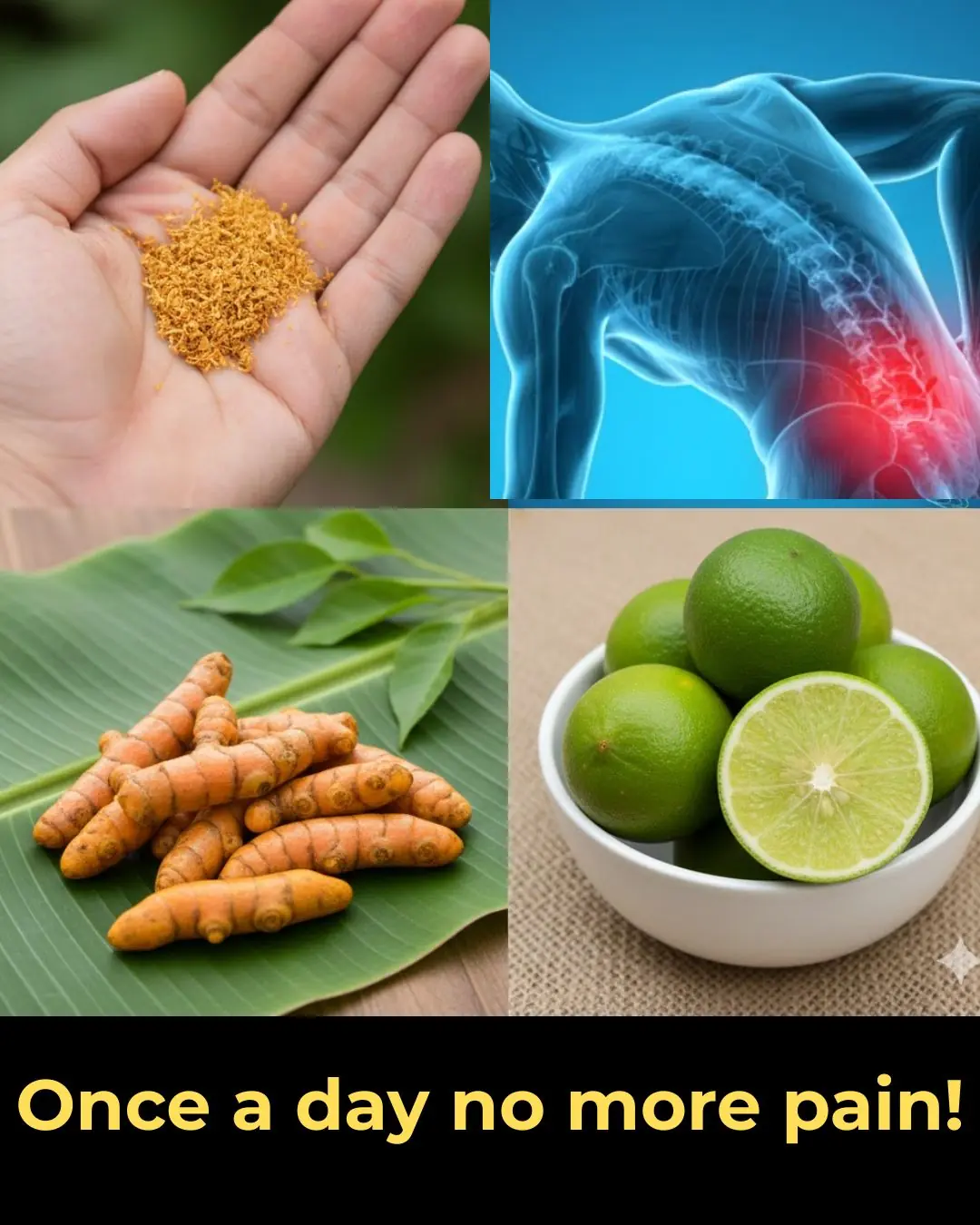
THIS SEED: AFTER 50, IT STRENGTHENS BONES & CURES ALL PAINS
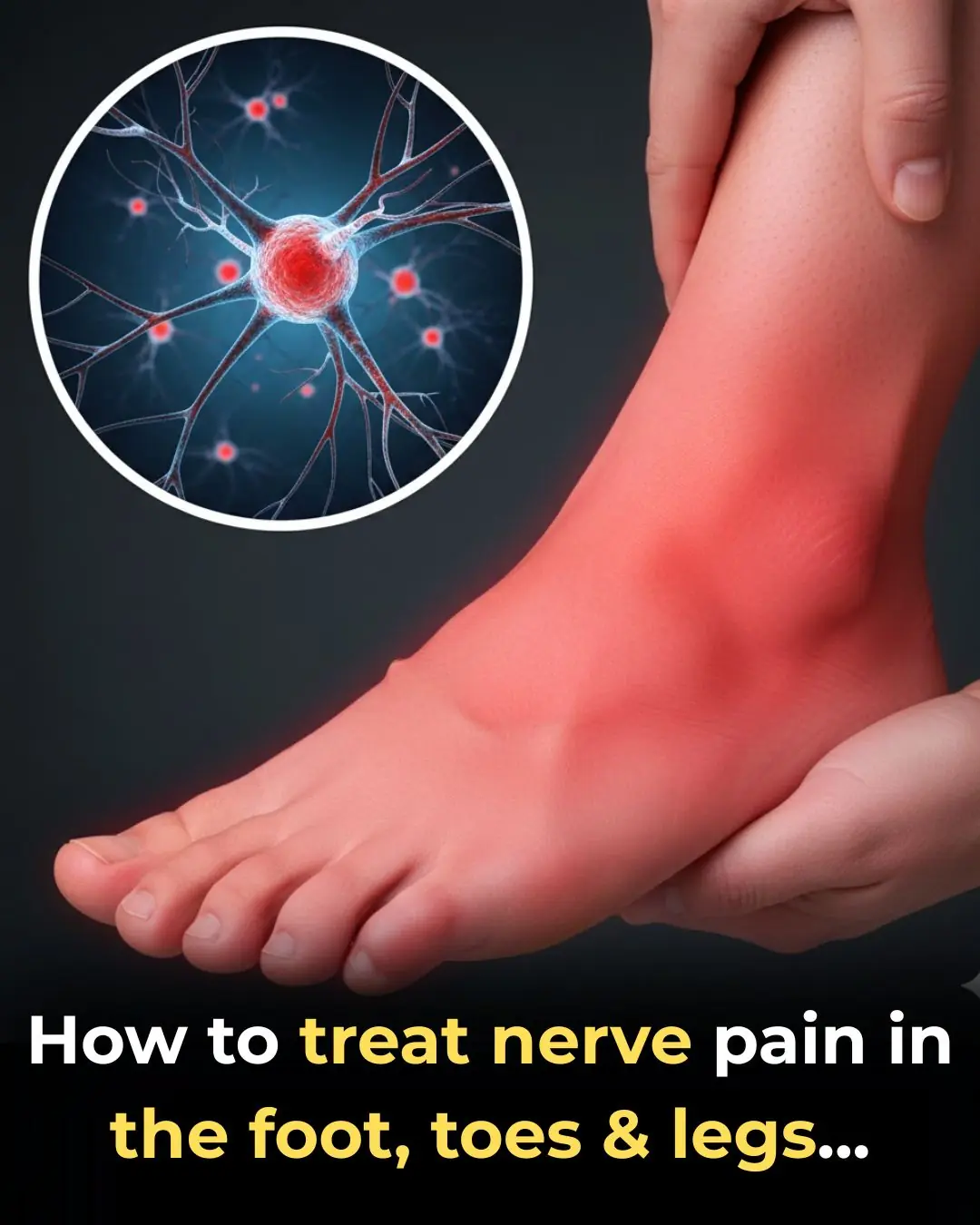
How to treat nerve pain in the foot, toes & legs
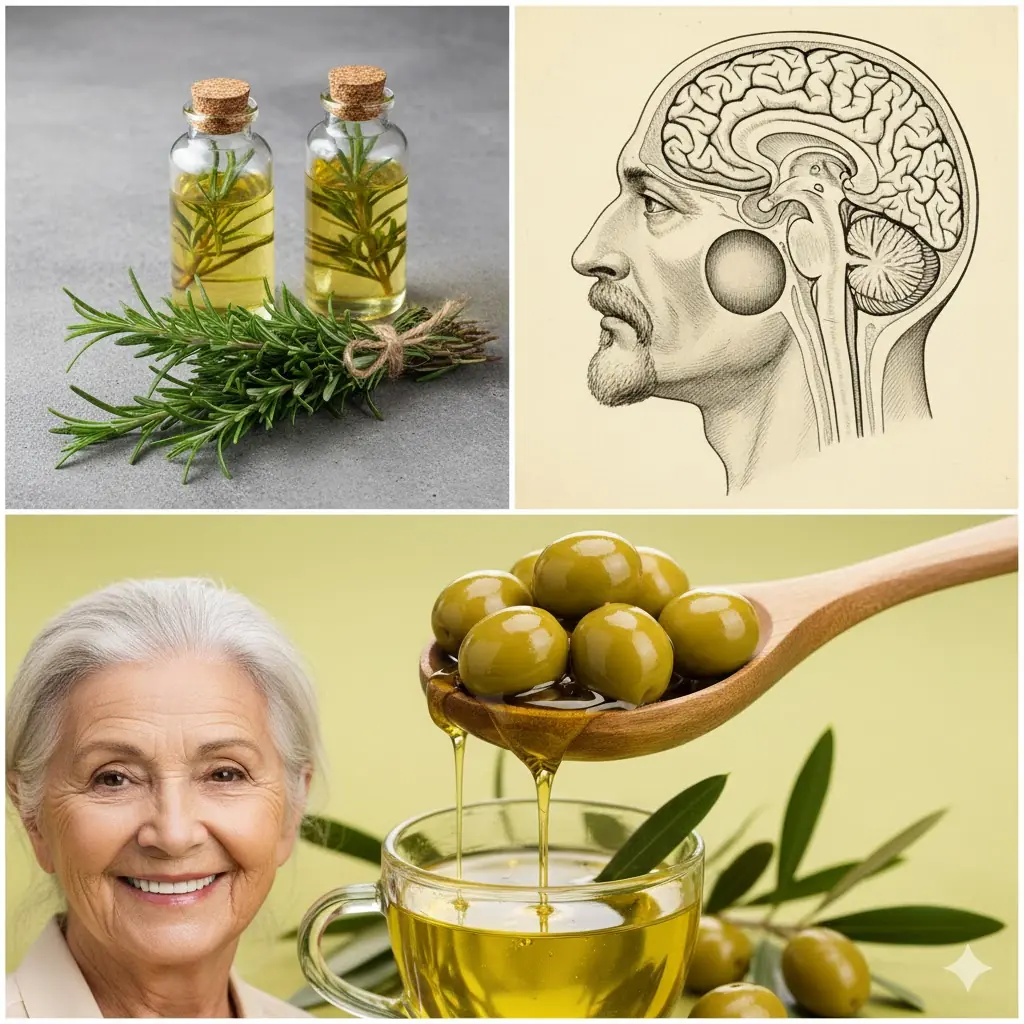
Unlocking the Power of Rosemary Tea: A Natural Elixir for Mind, Body, and Soul

Drinking Water the Right Way
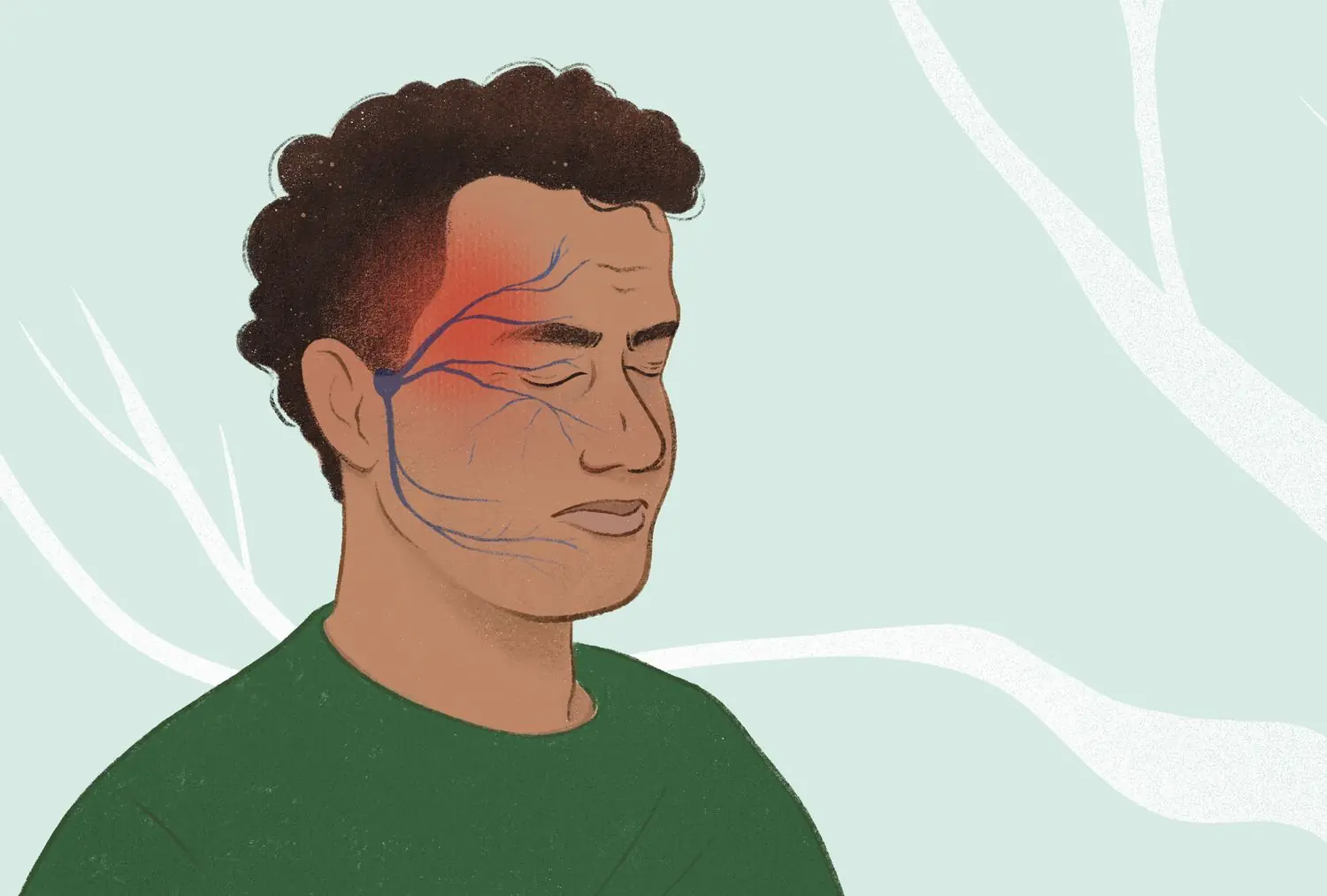
Headache Above or Behind the Left Eye? Here’s What It Could Mean
News Post

You're doing it all wrong. Here’s the right way to clean humidifiers

Nurse Promises Not to Laugh at This Man’s Problem

What Your “Odd Animal Out” Choice Says About You

As he nears 100, Dick Van Dyke, 99, makes a touching confession about his life
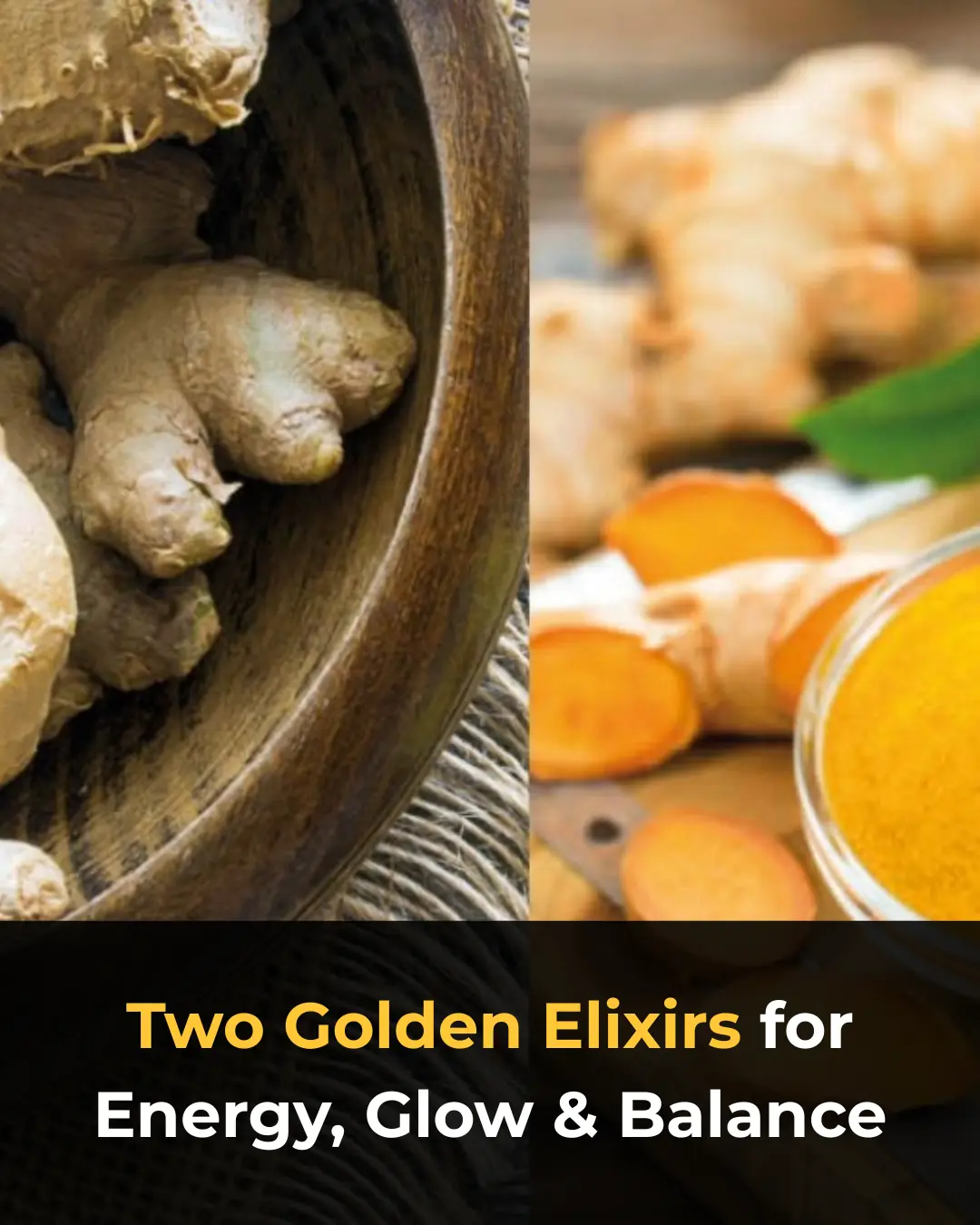
Two Golden Elixirs for Energy, Glow & Balance
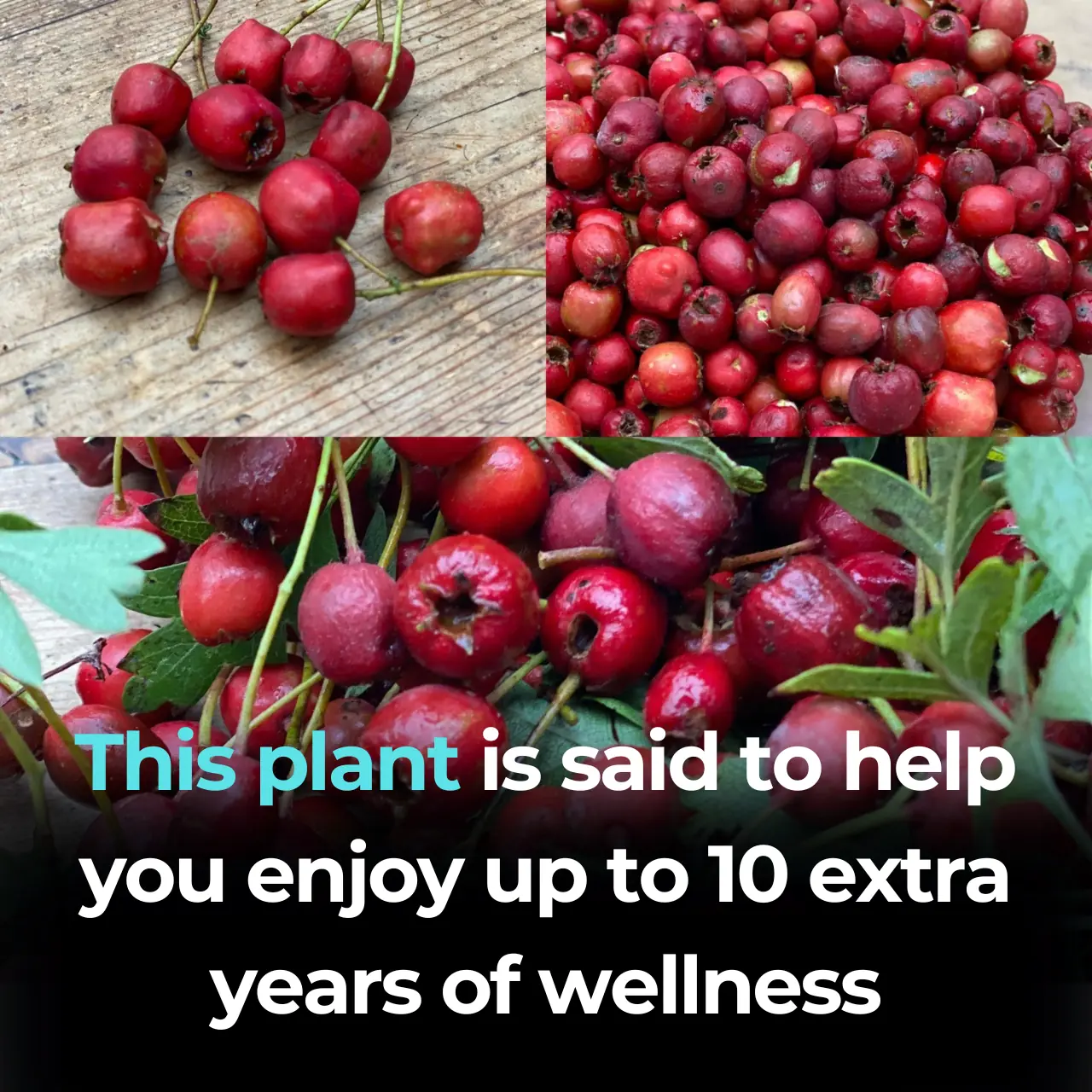
The Power of Hawthorn (Genus Crataegus): A Natural Ally for Heart and Cholesterol Health
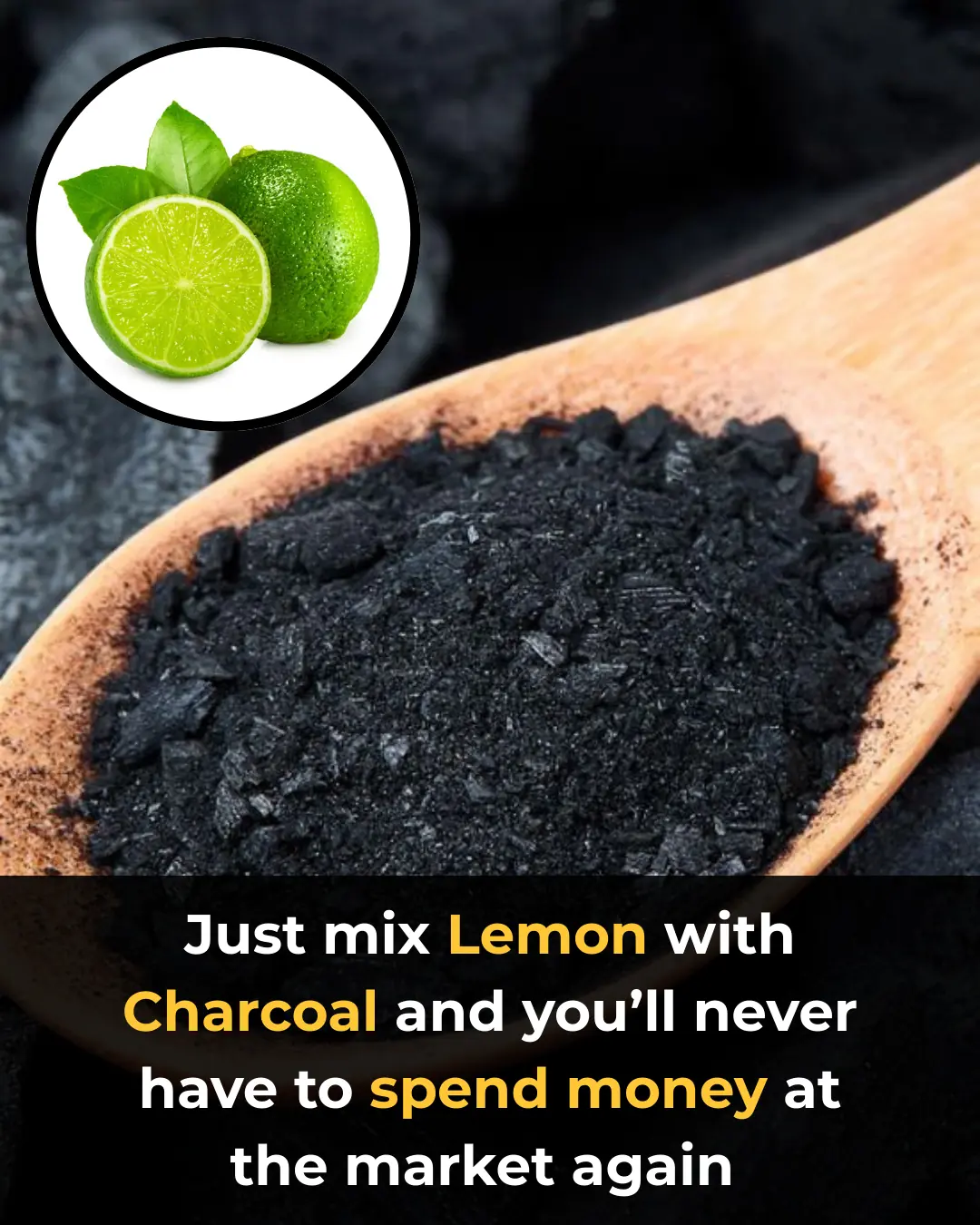
The Real Benefits of Mixing Lemon with Activated Charcoal

The Surprising Healing Power of Onion Milk

Increase Breast Size Naturally

Beetroot: 3 Simple Recipes + 10 Powerful Health Benefits

A Small Refrigerator Button Can Save You Hundreds on Your Electric Bill: Most People Don’t Know

AVOID Ginger If You Have THESE Health Problems

Magic Eraser can be used for almost anything, but here's what you didn't know

Why You Shouldn’t Keep Doors Fully Closed When Using Air Conditioning

12 medications you should never mix with coffee
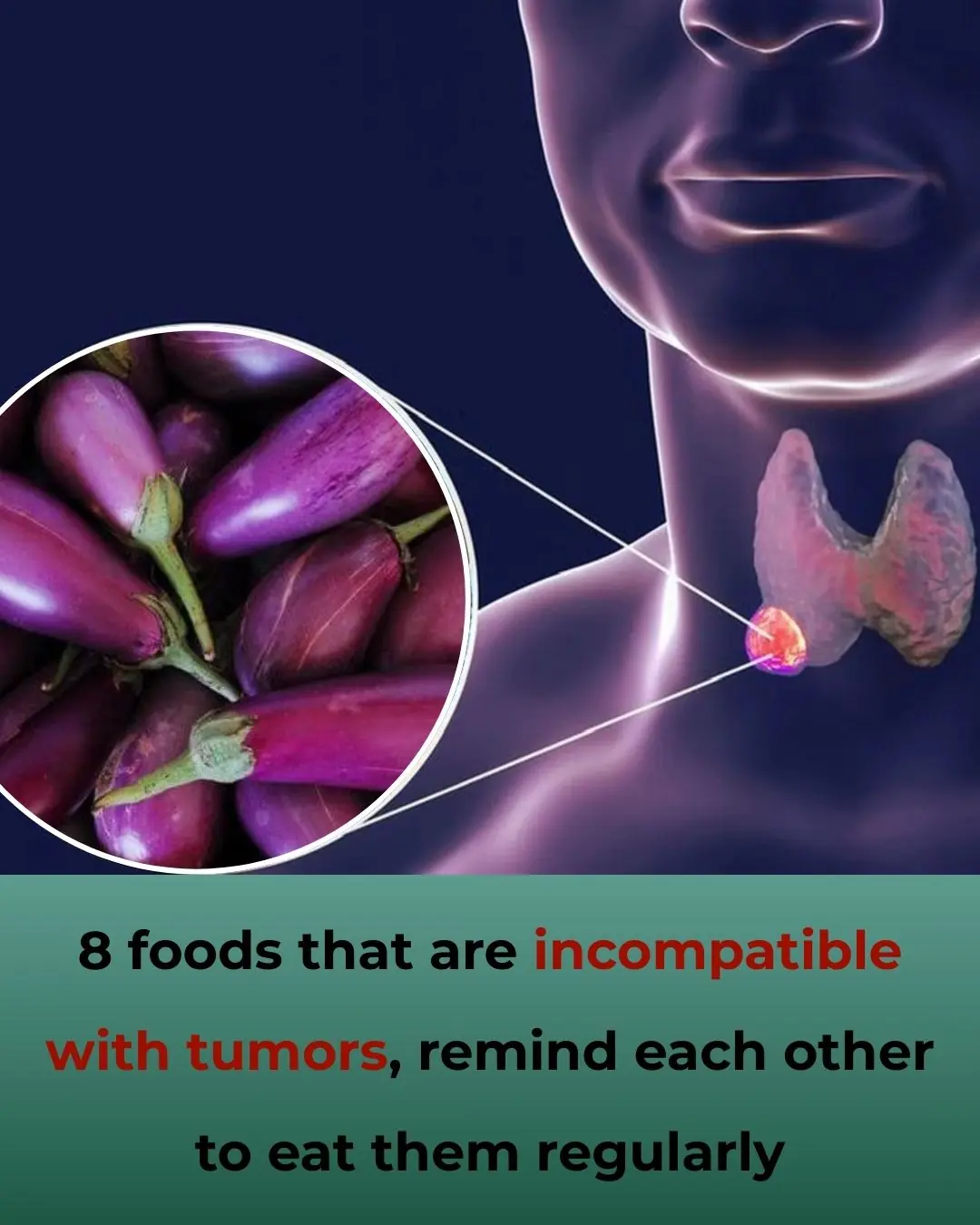
8 Foods That Fight Cancer – Add Them to Your Diet Regularly

What Health Conditions Can Garlic Soaked in Honey Help With?
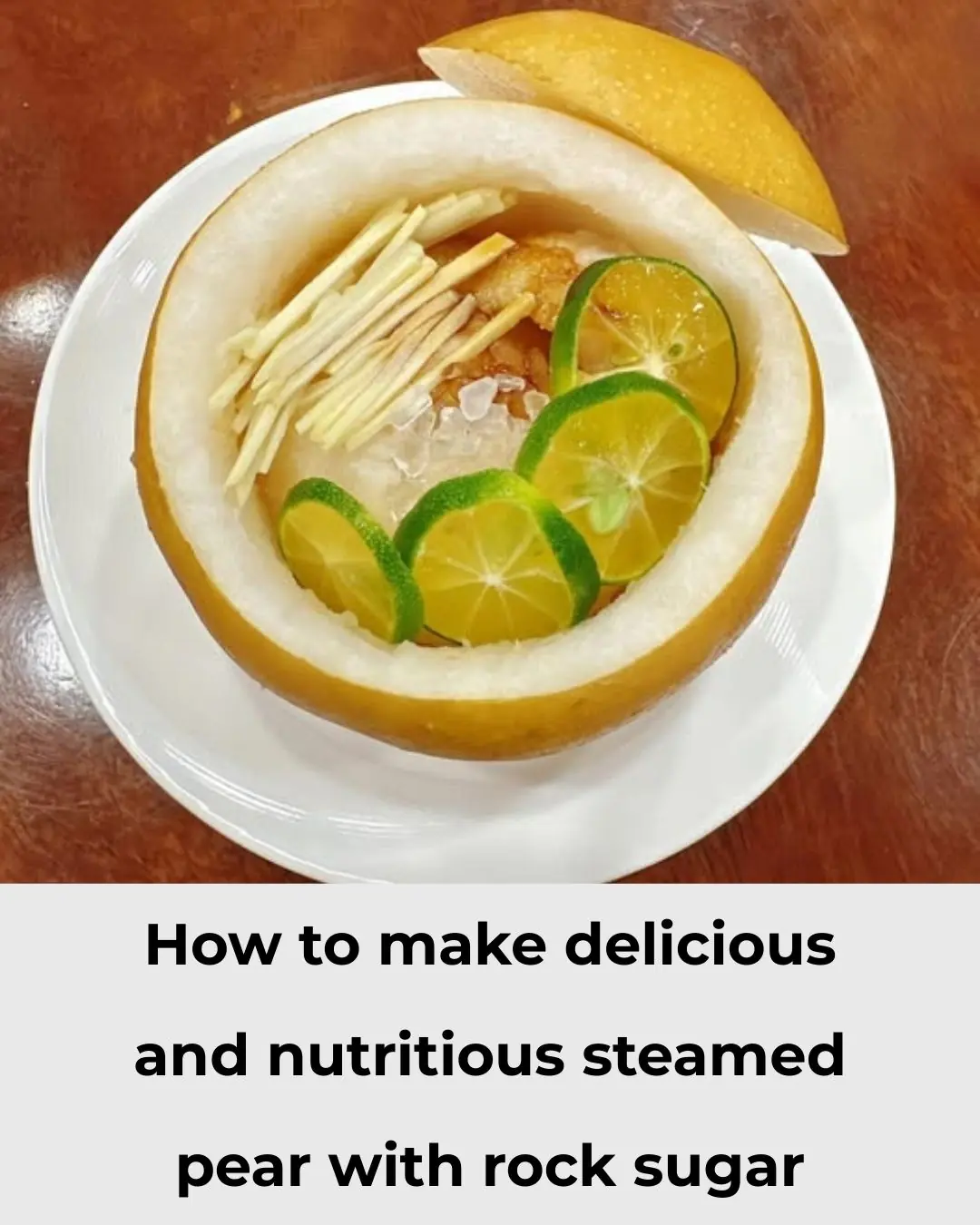
How to Make Steamed Pear with Rock Sugar — Delicious, Comforting, and Packed with Nutrition

Headache Above or Behind the Left Eye: Causes and Treatments
